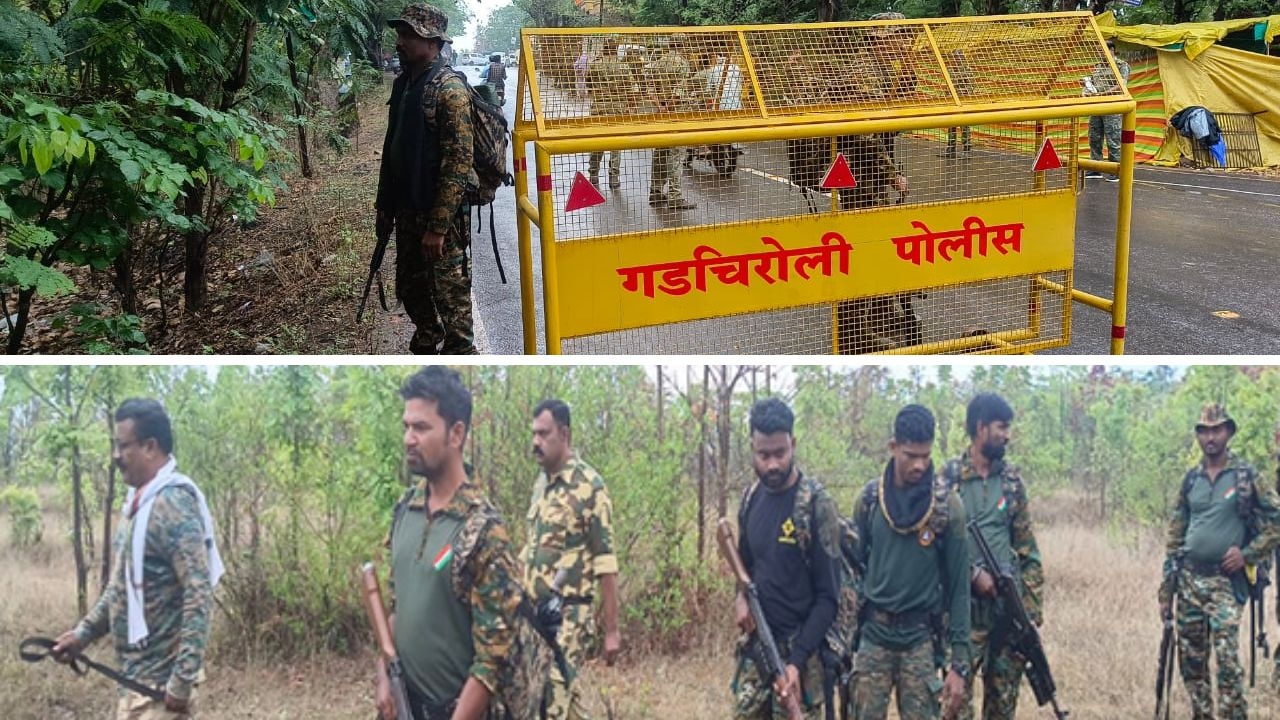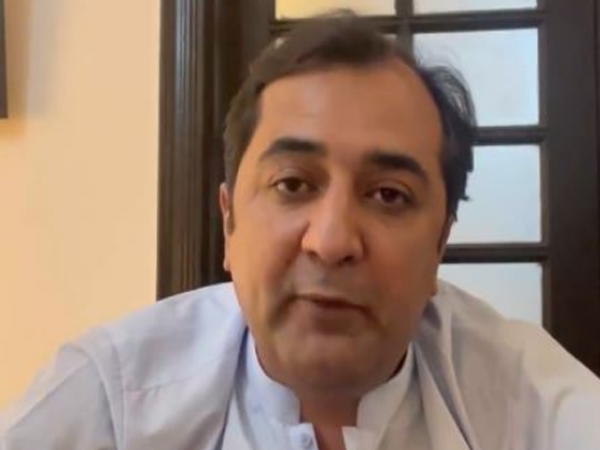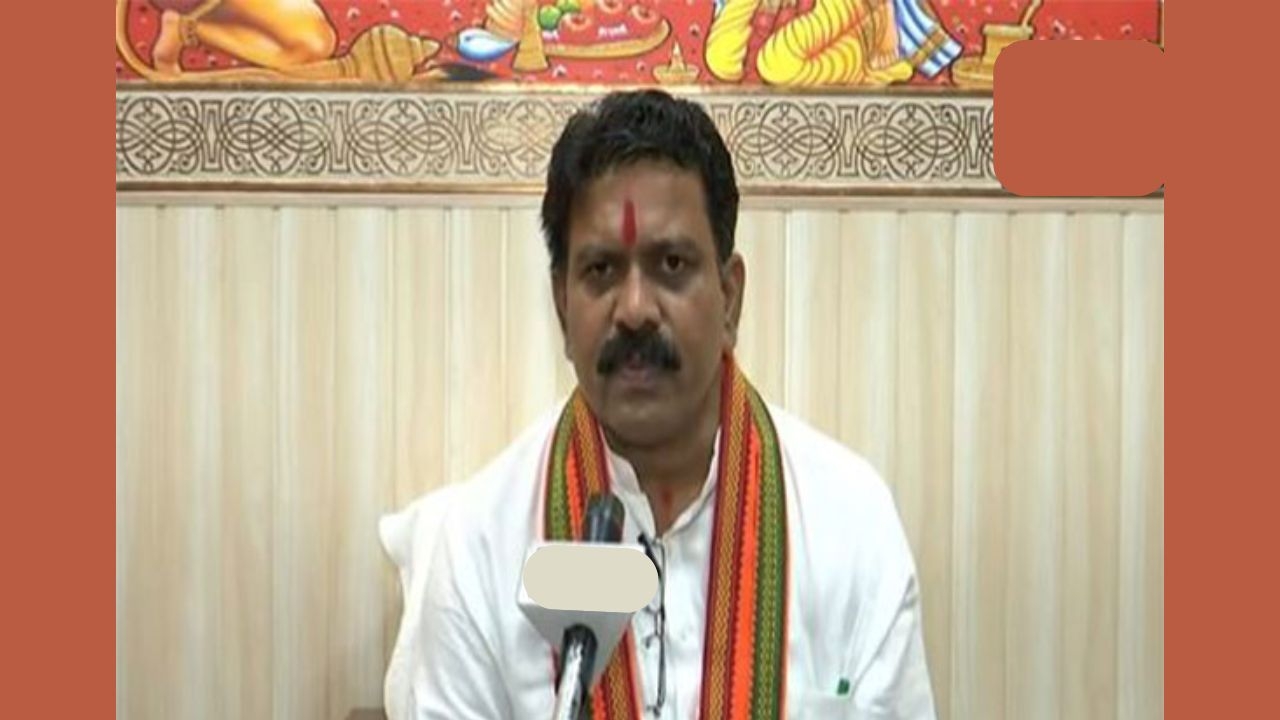False dawn in Kathmandu: how PM Oli lost the plot & what India can do
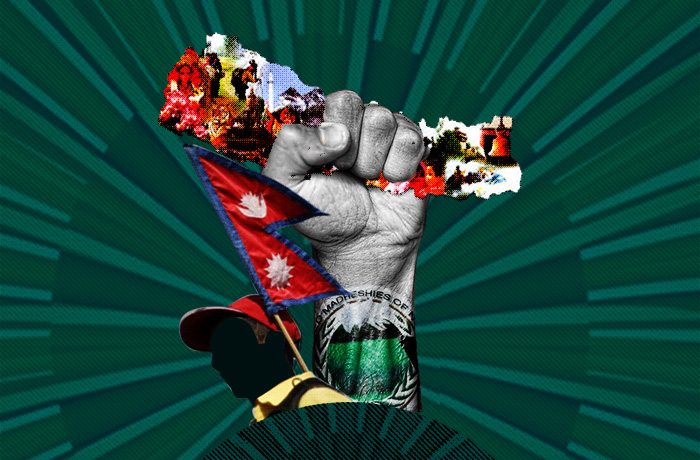
The crisis
- Nepalis from the Terai-Madhesh plains have been protesting against the government
- The new constitution of the country is biased against them and in favour of pahadis
The bluster
- Prime Minister KP Sharma Oli has a reputation for bombastic comments
- He has been rather quiet on the issue, but has recently started lambasting the protests and his opponents
More in the story
- The Nepal government\'s four-point deal with India on the Madhesi agitation
- How Oli & Co. have exhausted their political capital
- Why India needs to take the high road
Nepal Prime Minister Khadga Prasad Sharma Oli heads one of the strangest coalitions imaginable in parliamentary politics. Maoists form the mainstay of his government and control important ministries such as Home, Energy and Forest. Rabid right-wing monarchists run other major departments, including the all-important Foreign Ministry.
Also read - Nepal to amend Constitution to address Madhesis' demands
Oli's own party calls itself Marxist-Leninist, but practices what can perhaps be appropriately described as an oxymoronic mix of political Stalinism, ethnic chauvinism and economic free-market fundamentalism. Altogether, borderline fascism is the political agenda of Oli's Communist Party of Nepal (United Marxist-Leninist), better known by its initials UML.
Maintaining a coalition of desperate elements needs a lot of ideological dexterity, and the government has dealt with all exigencies in the same way - through inactivity. Soon after realising the dream of heading the government at all costs, Oli probably thought that indecision was the safest method of maintaining his position. Other than occasionally shooting off insults at all and sundry, it really seemed Oli was determined to spend his entire term in hibernation.
Oli awakes from his slumber
All of a sudden, there's a visible change in his attitude. Oli possesses an acerbic tongue and is notorious for using it on the slightest pretext. He had once advised former President Rambaran Yadav, a qualified physician, to stick to giving injections and refrain from discussing constitutional issues.
After keeping quiet for almost a month, Oli is back to being belligerent. He thundered that protesting Madhesis will henceforth be severely dealt with. How did he manage to gather enough confidence to become a bellicose patriot all over again?
Conjectures vary, but Oli's critics and supporters alike seem to agree that the possibility of an end to the political agitation in Terai-Madhesh plains of southern Nepal has emboldened him enough to begin lashing out at the opposition with renewed vigour.
Possible end to the Madhesi agitation has emboldened Oli to begin lashing out at the opposition
Over the last few days, he has called Madhesh uprising 'animal-like' and promised to crush it with force.
Oli seems to be convinced that 'Indian designs' were behind all his troubles. With the Indian government welcoming constitutional amendment bills tabled in the Nepali parliament last week, he appears to think that political protests in Terai-Madhesh will now fizzle out.
His hopes, however, may prove to be as flawed as his assumptions. The proposed bills fail to address any of the concerns of the protesters, and the movement runs the risk of becoming violent if the amendments turn out to be as deceitful as the contested constitution itself.
Diversionary tactics
The Maoist-Stalinist-monarchist government is said to have reached a four-point package deal with New Delhi. The deal envisages the passage of two bills pending in parliament, to ensure proportional inclusion and political representation based on population. Its third aim is to smooth the rough edges in citizenship provisions, and the fourth is the formation of a high-level commission to revisit delineation of provincial boundaries.
All these proposals sound practical, on the surface. However, even a cursory examination reveals their vacuousness.
- Proportionate inclusion: Unless dominant communities are removed from the list of beneficiaries in the list of proportionate inclusion, the provision will remain meaningless.
Also read - The Madhesi blockade is almost total. How long can Nepal take it?
Consider the following Indian parallel - what if there was a proposed constitutional amendment intended to make Brahmins and Kshatriyas the beneficiaries of positive discrimination? That's what the framers of the supreme law of Nepal have done to ensure the continuity of their hegemony.
- Political representation: The districts were created by the monarchy for authoritarian purposes. Recognising these districts as an important component of political representation defeats the purpose of population-based elections, equality of all votes, and universal franchise.
The proposed amendment bills once again fail to ensure that Terai-Madhesh gets an equitable share in the federal legislature.
- Citizenship: Laws about citizenship need a complete overhaul to ensure the sanctity of cross-border marriages between India and Nepal. Fudging the issue in the constitution and passing the buck to federal laws of the future is a blatant way of keeping discriminatory practices intact.
- Provincial boundaries: The proposal to form a high-level commission to resolve battles over federal boundaries appear most deceitful of all.
The oddball ruling coalition is said to have reached a four-point package deal with New Delhi
Firstly, such a commission hasn't been envisaged in the constitution. The constitutional provision for alterations in provincial boundaries requires the decisions of concerned assemblies, as well as the federal legislature. Recommendations of any such commission will thus be advisory at best, and will have little or no constitutional merit.
Secondly, even if a high-powered commission is formed through constitutional amendments, implementation of its recommendations will have to pass through almost insurmountable political, judicial and even administrative hurdles. Contradictory clauses may need to be amended, creating further problems. Clearly, the idea of the commission is intended to put the federal agenda in the cold storage.
Need for a fresh start
Oli may be high on steroids that he is believed to be taking for various ailments. But any deal reached with India, China or any other country that fails to address longstanding concerns of Madhesis and Janjatis for equality in politics, equity in economy and justice in life is unlikely to end the ongoing protests or prevent incipient unrests.
If peaceful protests are repeatedly unsuccessful in getting popular grievances addressed, it will be increasingly difficult to dissuade youngsters from adopting violent means.
Nepal needs a fresh political settlement to strengthen the unity of the country & create solidarity
It may sound harsh, but the reigning coalition has exhausted its political capital. There is very little chance that mere tinkering with the constitution can change its fundamental character, which is patently discriminatory. It only aims to consolidate status quo.
Nepal needs a fresh political settlement to strengthen the unity of the country and create solidarity between communities. Such an outcome requires magnanimity from the ruling party, sagacity from the main opposition and realism from the agitating forces.
The national media has miserably failed in maintaining balance in its coverage of contested issues. Consequently, the Nepalese civil society appears emasculated.
What India can do
Rumours of the deal with India have agitated the people of Terai-Madhesh. Now Madhesi political parties will be even less inclined to make any compromise.
Thanks to its vacuous nationalism, the ruling coalition has made the resolution of political conflicts in the country without outside mediation almost impossible.
Among all the influential members of the international community, only India has the penetration and acceptability to impress upon all parties in Nepal for a peaceful resolution of all contestations within the country.
Any involvement in any partisan deal will only undercut India's clout. India needs to be an agent of peace and justice in the neighbourhood, rather than serve the interests of status quo in the name of stability.
More in Catch - Nepal must act to resolve the Madhesi crisis. And act fast
Why there are violent protests against Nepal's 6-state plan
Nepal blockade: why India must stay the course despite criticism
First published: 23 December 2015, 9:35 IST
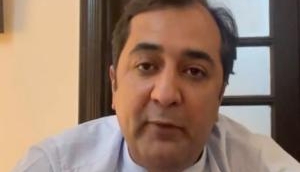

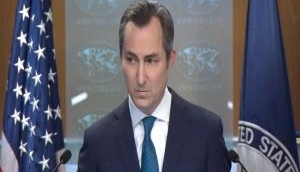
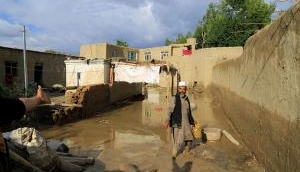
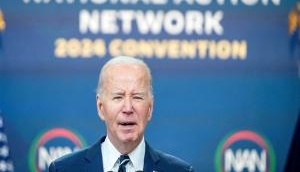
![BJP's Kapil Mishra recreates Shankar Mahadevan’s ‘Breathless’ song to highlight Delhi pollution [WATCH] BJP's Kapil Mishra recreates Shankar Mahadevan’s ‘Breathless’ song to highlight Delhi pollution [WATCH]](http://images.catchnews.com/upload/2022/11/03/kapil-mishra_240884_300x172.png)

![Anupam Kher shares pictures of his toned body on 67th birthday [MUST SEE] Anupam Kher shares pictures of his toned body on 67th birthday [MUST SEE]](http://images.catchnews.com/upload/2022/03/07/Anupam_kher_231145_300x172.jpg)


